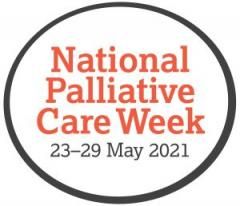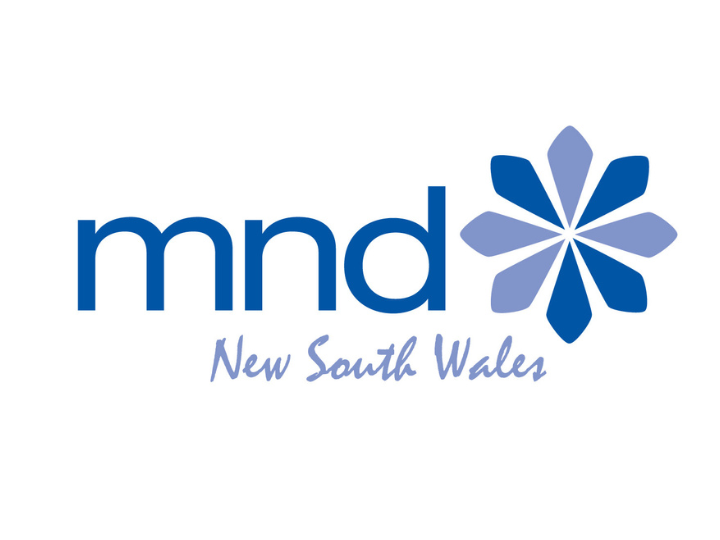This week is National Palliative Care Week which aims to raise awareness and understanding of palliative care in the Australian community. This year’s theme is ‘Palliative Care, it’s more than you think.’
There are many misconceptions about Palliative Care, including that it is something that people only receive in the very last days of life. This week is a good time to learn more about the role of Palliative Care, how to access it and how it can support people with Motor Neurone Disease.
What
Palliative care services are a person-centred approach to care which can be provided to an individual with a life-limiting illness as well as a support system to family/friends. Palliative medicine aims to enhance quality of life and to support patients with their personal health care goals. For people living with MND it can provide support to allow them to live their life as fully as possible and in the way that they choose. Often palliative care support can be provided from initial diagnosis onwards, meaning you can meet your community team and plan ahead.
Palliative care also ensures that the person at the centre of the care is kept as comfortable as possible throughout all stages of their illness by providing relief of physical, psychosocial and spiritual pain. Examples of the services palliative care can provide are:
- Assistance for families to come together to talk about sensitive issues
- Links to other services such as home help or equipment
- Support for social, cultural and spiritual concerns
- Counselling support
- Referrals to respite care services
- Relief of pain and other symptoms e.g. shortness of breath, managing saliva issues
Who
Palliative care may be provided by a wide range of people, this may include your GP, community nurses, allied health team, care worker, neurologist and any other health care provider. Most communities will have a specialist palliative care team of health professionals and they will usually have experience and knowledge of MND.
Where
Palliative care is provided wherever the person and their family want, wherever possible. This care can be received at home, in residential care, hospital or a palliative care unit or hospice. You may also receive care in a combination of these places, depending on your wishes.
How
To access palliative care, a referral can be made by a general practitioner, medical specialist or any other healthcare provider. If you want to know more, your doctor or neurologist can advise if this care may be beneficial for you.
End-of-life care
End-of-life care is the last few weeks of life when a person with a life-limiting illness is approaching death. This stage of palliative care is when increased services and support are essential to ensure quality, coordinated care from the health care team.
MND Australia has a new publication available as PDF or hard copy called End of life care: A guide for people living with MND. This guide explains treatments, who to talk with about sensitive topics, creating a legacy, how to address your wishes and ways of getting help and support. You can download this guide HERE or call our Information line on 1800 777 175 to request a copy.
Multilingual resources
In collaboration with Palliative Care Victoria, Palliative Care Australia has published a series of fact sheets on palliative care in 21 different languages. View those resources HERE
Many thanks to the Palliative Care Teams who provide comfort and care to the members of the MND Community throughout Australia!
For more information about palliative care, visit the Palliative Care Australia website




